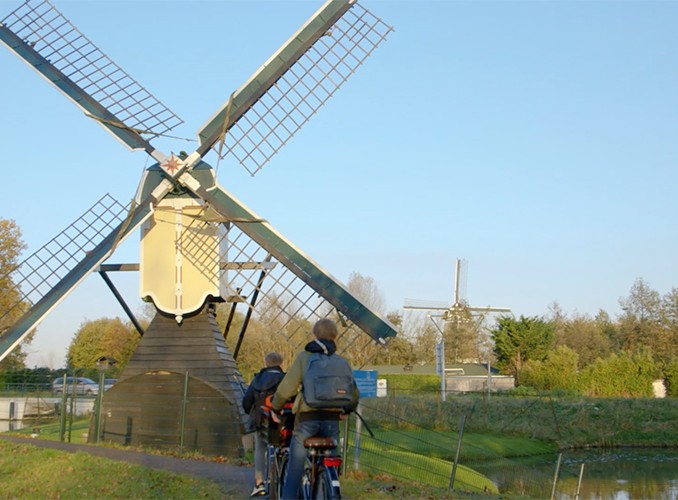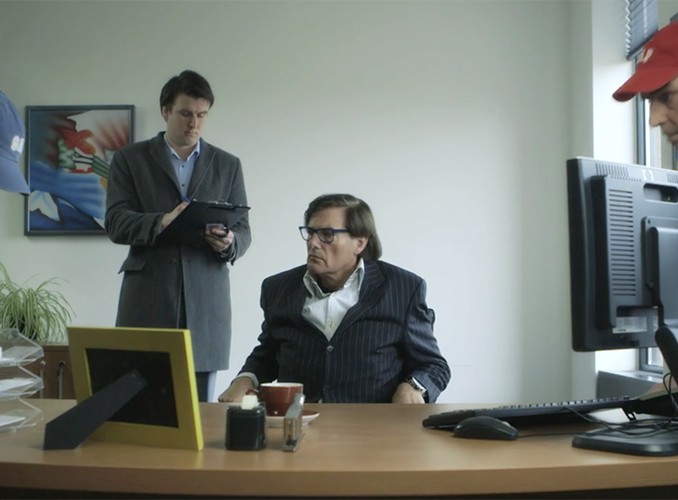Custody and access
Every child has a father and a mother. If a child is born from a non-registered relationship (i.e. not from a marriage or a registered partnership), then only the mother automatically has parental custody. Joint parental custody can be established at the request of both parents. The cooperation of the mother is always required for this. If the father cannot get this, based on the law and case law, he can ask the court to give him custody together with the mother. To do this, it must be established that he is the father of the child. This means that he must have acknowledged the child as his own or must proceed to do so.
The starting point is generally that joint custody of the parents is in the child’s best interest. In principle, the court will only dismiss the request if:
- there is an unacceptable risk that the child would become ensnared or lost between the parents, and it is not expected that there will be sufficient improvement in the foreseeable future, or;
- dismissal is otherwise necessary in the best interests of the child.
Every child has the right to have contact with both parents. That has nothing to do with how custody is arranged. A parent who does not have custody over his or her child also has the right to and the obligation to have contact with the child. Agreements about how the care for the children will be arranged after the separation can be laid down in a parenting plan. If the parties disagree on this, the court can be called in.
CUSTODY AND ACCESS AFTER TERMINATION OF MARRIAGE OR REGISTERED PARTNERSHIP
During a marriage, parents automatically have joint parental custody over their children. After the divorce, the joint parental custody continues to exist in principle. Joint custody must be arranged separately for a child born from a cohabitation. After all, you are and will continue to be jointly responsible for raising and caring for the child. Joint custody means that you are jointly responsible for the upbringing and care of your child. You should also discuss this with each other if you split up. You can record what you agree on in a parenting plan. Our family lawyers can assist you in this.
If you have an irreconcilable difference of opinion about the interpretation of custody and access, mediation by or a ruling from the court can be requested. Our divorce lawyers can also assist you with this.
CHILD ALSO HAS A RIGHT TO ACCESS
In any case, the parent with custody has the right to have contact with the child. Conversely, of course, the child also has the right to have contact with both parents and with the person who has a close personal relationship with him or her. Therefore, even if you are the parent not entrusted with custody or are a non-legal father who has a close personal relationship with the child, you also have the right and obligation to have contact with the child.

DETERMINING ACCESS RULES
Each of the parents, or the person who has a close personal relationship with the child, can request the court to make an access arrangement.
The court will only deny the right of access if one of the situations exhaustively listed in the law is relevant, namely:
- if access would cause serious harm to the child’s mental or physical development, or;
- if the parent or person who has a close personal relationship with the child must be deemed manifestly unfit or manifestly incapable of access, or;
- if a child aged 12 or older has shown serious objections to contact with the parent or with the person with whom they have a close personal relationship, or;
- if contact otherwise conflicts with the child’s compelling interests.
‘FAMILY LIFE’ OFFERS RESULTS FOR PARENTS AND GRANDPARENTS WITHOUT CUSTODY
A parent without custody has the right to access if there is a close personal relationship with the child. The European court calls this ‘family life’. There is usually already family life between a child and the biological parent if the latter was present at the birth of the child and has made at least serious efforts to maintain contact with the child afterwards. In the case of family life, a parent without parental custody can therefore make a request to establish access arrangements. In some cases, grandparents also have access rights based on family life.
IS MEDIATION FOR YOU?
The family law lawyers of RWV Advocaten are firmly in favour of mediation and are, therefore, happy to help you restore mutual trust (if necessary) and reach a settlement that all parties involved can agree to. The interests of the children involved always come first, but we also look at what is practical for you as parents.
If it is not possible to reach agreements through mediation or otherwise, a settlement can be requested through a court procedure. This is also possible if an existing regulation has to be changed due to changed circumstances.
Whichever path needs to be taken, our family lawyers can provide you with expert legal support.

This could also be interesting for you

Get in touch
Do you have any questions or would you like to make an appointment? Get in touch with us, without any obligations.
- Haagweg 1492321 AA, Leiden










